The Radioactive Legacy We Are Leaving Our Children
There is far too much lethal waste that current governments still cannot make safe.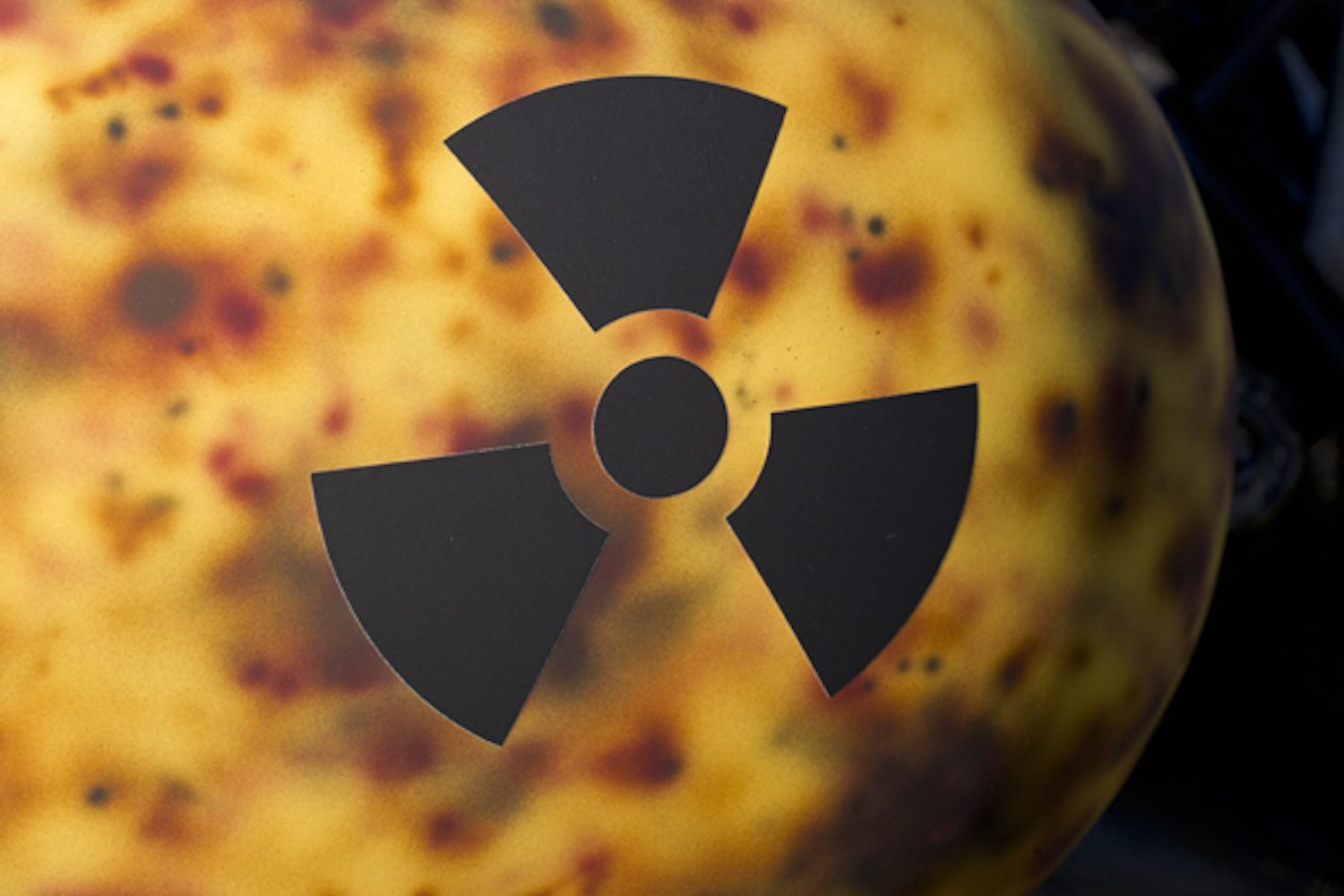 Bryan Jones / CC BY-NC-ND 2.0
Bryan Jones / CC BY-NC-ND 2.0
After 70 years of building and operating nuclear power plants across the world, governments are bequeathing to future generations a radioactive legacy.
They remain unable to deal with the huge quantities of highly radioactive spent fuel they produce, says a group of independent experts − and as more reactors are reaching the end of their lives, the situation is worsening fast.
That is the conclusion of the first World Nuclear Waste Report (WNWR), produced by a group which says there are ever-growing challenges in waste management and no sustainable long-term solutions. They include two British academics: the economist Professor Gordon MacKerron, of the University of Sussex, and the independent radiation biologist Dr Ian Fairlie.
“Despite many plans and declared political intentions, huge uncertainties remain, and much of the costs and the challenges will fall onto future generations,” the report says.
Persistent risk
The waste, which can remain dangerous for more than 100,000 years, constitutes a continuous health hazard because of the routine release of radioactive gas and liquid waste into the environment. Yet it is likely to be another century before the problem is solved, the WNWR report says.
It notes: “The continued practice of storing spent nuclear fuel for long periods in pools at nuclear power plants (wet storage) constitutes a major risk to the public and to the environment.” There are now an estimated 250,000 tons of spent fuel in storage in 14 countries.
Despite its stark findings, the report makes no comment on the ethics of continuing to build nuclear stations when there is no way to get rid of the wastes they create.
The authors do not even quote the sixth report of the UK Royal Commission on Environmental Pollution from 1976, only 20 years after the dawn of the nuclear age, chaired by the physicist Sir Brian Flowers.
Beyond reasonable doubt
That said: “There should be no commitment to a large programme of nuclear fission power until it has been demonstrated beyond reasonable doubt that a method exists to ensure the safe containment of long-lived, highly radioactive waste for the indefinite future.”
Successive British governments, along with the rest of the world, ignored Flowers. 40 years on, there are massive stockpiles of radioactive waste in every nuclear nation across the planet.
However, because the problem is now so vast, this latest report concentrates on describing the issues faced in the democracies of Europe where there is a lot of official information available. Even here, governments have failed to properly estimate the true cost of dealing with the waste, and most are many decades away from finding any solutions.
Finland is the only country in the world currently building a permanent repository for its high-level waste. Many other countries have tried and failed, either because the geology proved unsuitable or because of objections from those affected.
“There should be no commitment to a large programme of nuclear fission power until a method exists to ensure the safe containment of long-lived, highly radioactive waste for the indefinite future”
As a result, spent fuel from reactors and other highly dangerous waste is in interim storage that carries severe safety risks, not least from loss of cooling water or terrorist attack. There are 60,000 tons of spent fuel in store in Europe alone.
The bill for dealing with the waste is huge, but no government has yet calculated accurately what it is, nor has any put aside enough funds to deal with it. By mid-2019 there were 181 closed nuclear reactors globally, but only 19 had been fully decommissioned, with just 10 restored as greenfield sites.
The report does not comment on governments’ competence or honesty, but it does make it clear they are not facing up to reality. For example, the UK has more than 100 tons of stored plutonium, for which it has no use − but it refuses to class plutonium as a waste. The report says it will cost at least £3 billion ($3.8bn) “to manage” whatever decision is reached to deal with it.
Each of the countries in Europe that has nuclear power stations is studied in the report. Spent fuel is the single most dangerous source of highly radioactive waste, and all 16 countries in Europe with highly irradiated fuel have yet to deal with it. France has the highest number of spent fuel rods with 13,990 tons in cooling ponds, Germany 8,485, the UK 7,700.
Information withheld
France has the largest unresolved stockpile of all categories of nuclear waste, plus the legacy of a uranium mining industry. The cost of decommissioning and waste management was put at €43.7 billion ($60.3bn) in 2014, but this is almost certainly an underestimate, the report says.
Looking outside Europe, the US probably has the largest and most complex volumes of nuclear waste in the world, the experts say. Yet it has no plans for dealing with it, and vast quantities of all types of waste are in temporary storage.
The authors admit that, despite their year-long study, the report cannot be comprehensive. This is because information from some countries, for example Russia and China, is not available. But they add that across the world all governments are failing to face up to the size of the task and its costs.
Although some countries had set notional dates for dealing with their wastes as far into the future as 2060, others had no idea at all. The authors promise to produce updated reports in future years.
Your support matters…Independent journalism is under threat and overshadowed by heavily funded mainstream media.
You can help level the playing field. Become a member.
Your tax-deductible contribution keeps us digging beneath the headlines to give you thought-provoking, investigative reporting and analysis that unearths what's really happening- without compromise.
Give today to support our courageous, independent journalists.
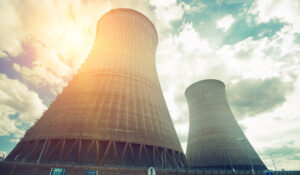
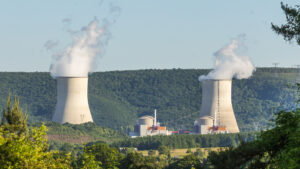
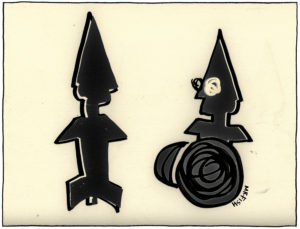
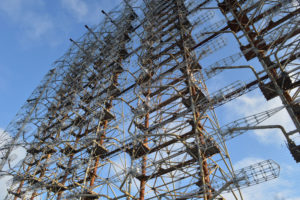
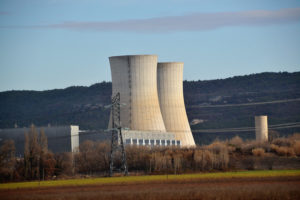
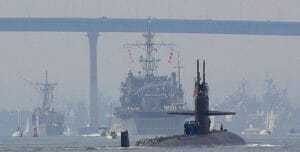
You need to be a supporter to comment.
There are currently no responses to this article.
Be the first to respond.